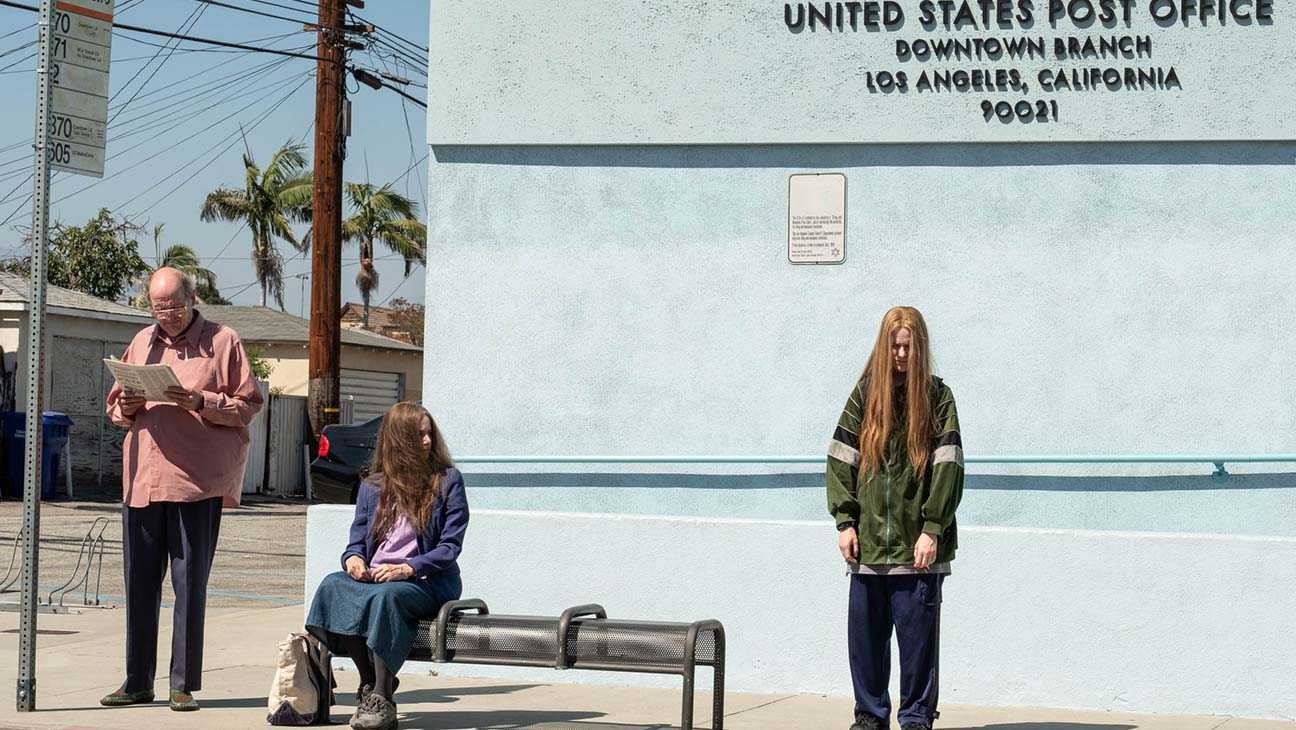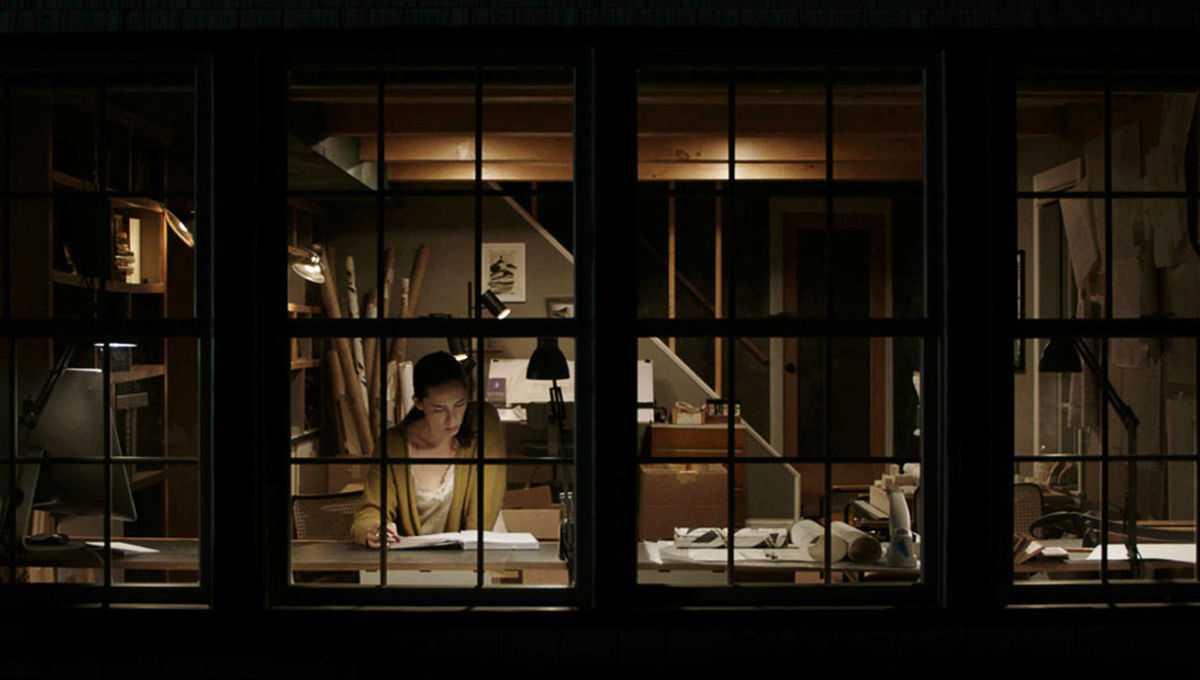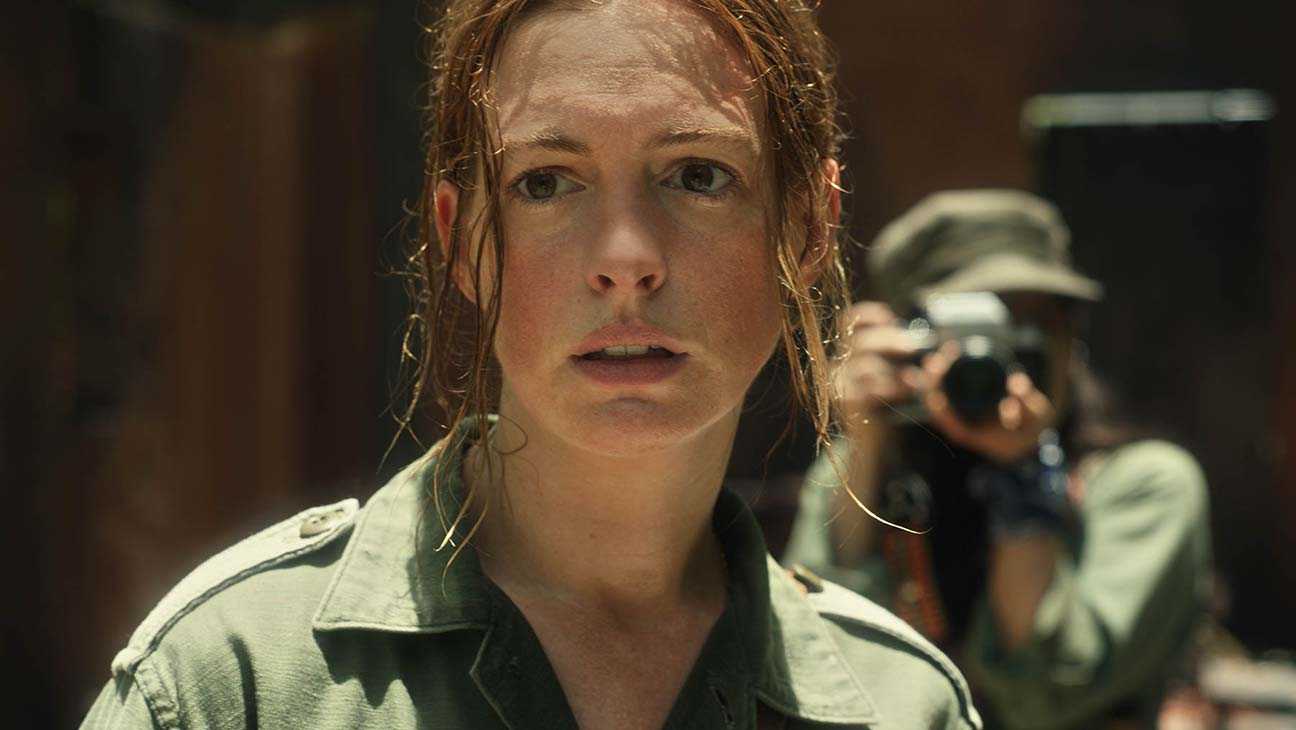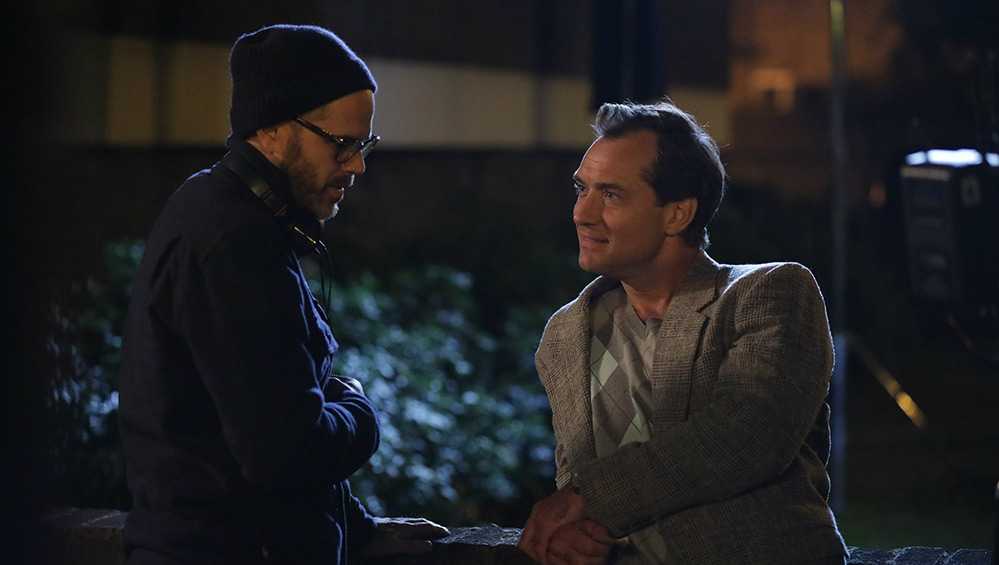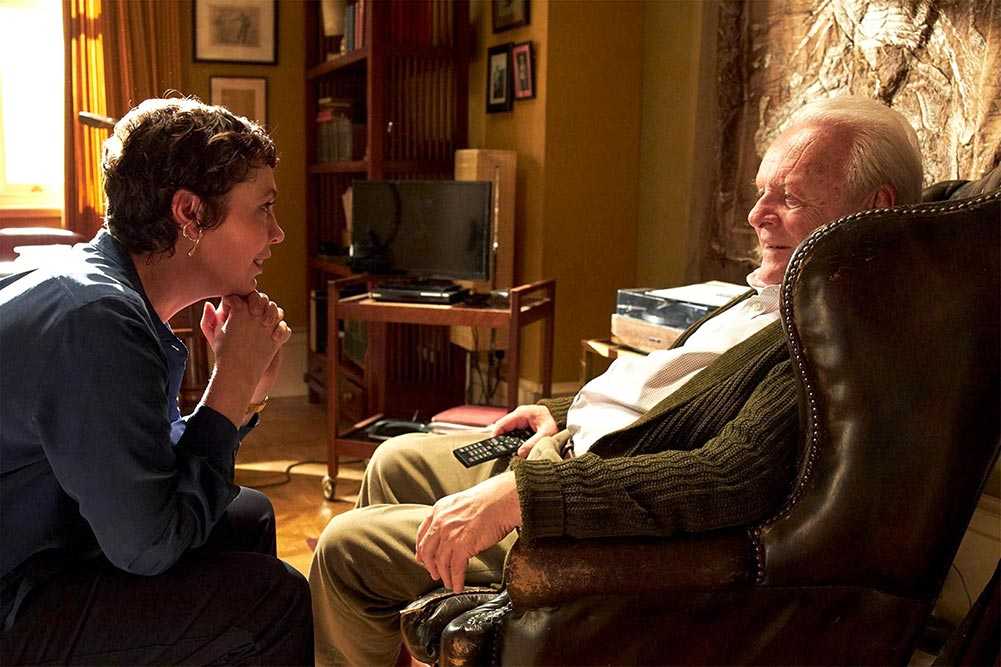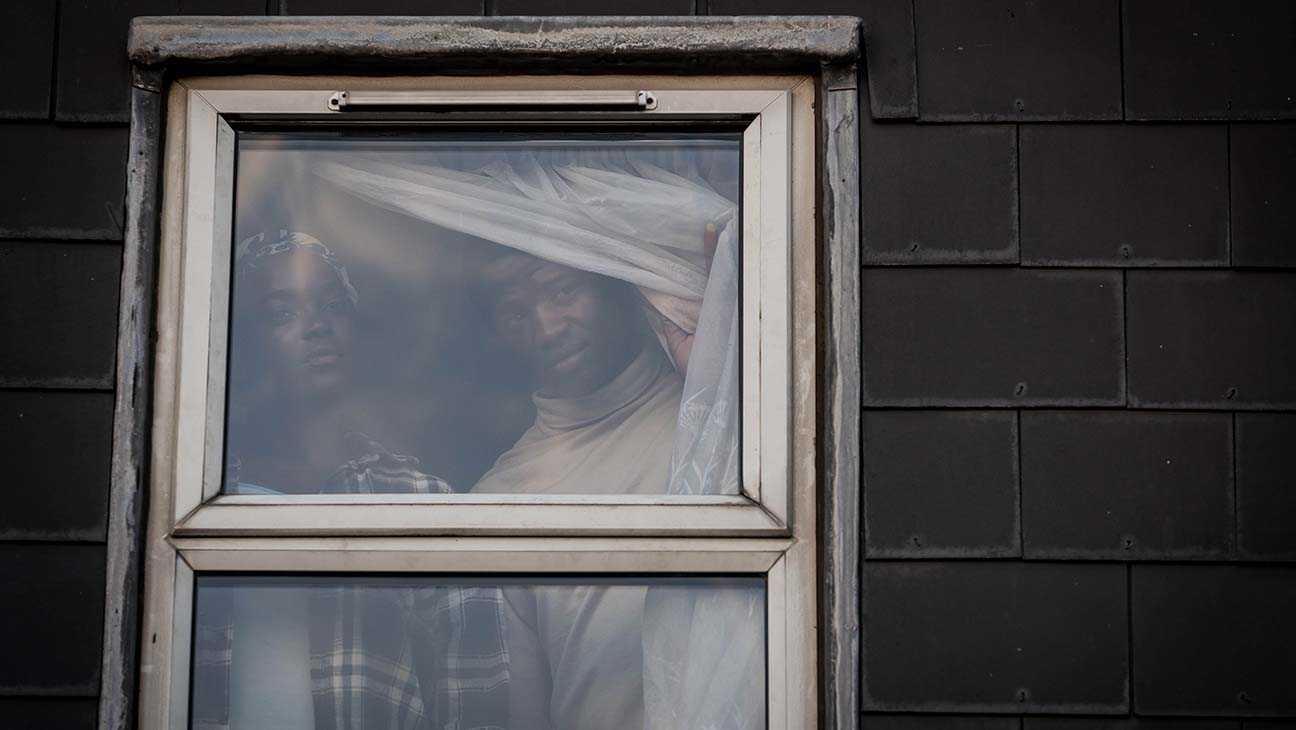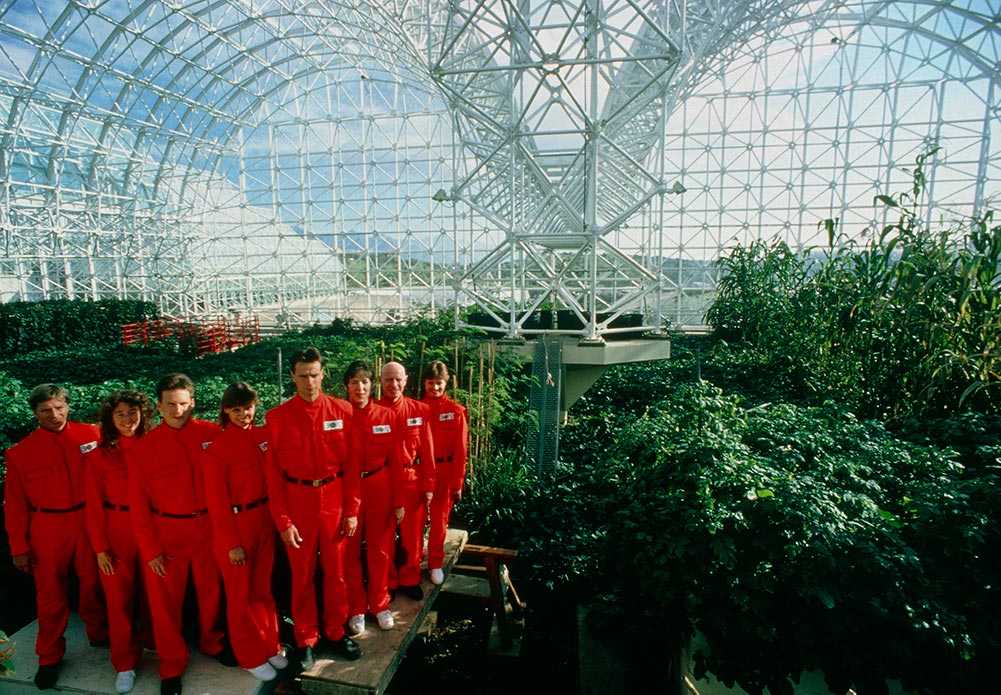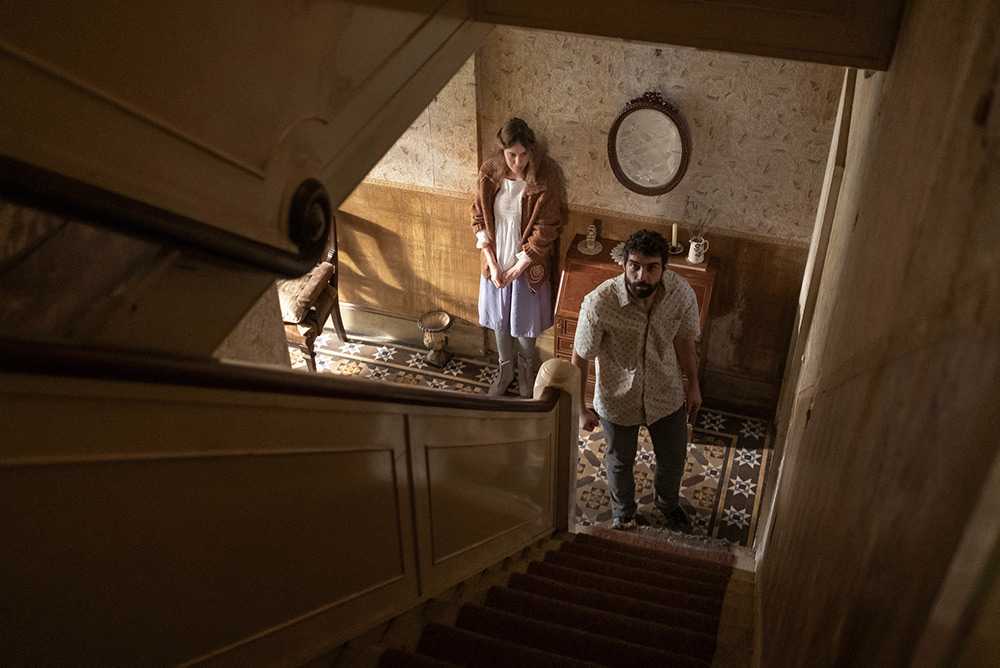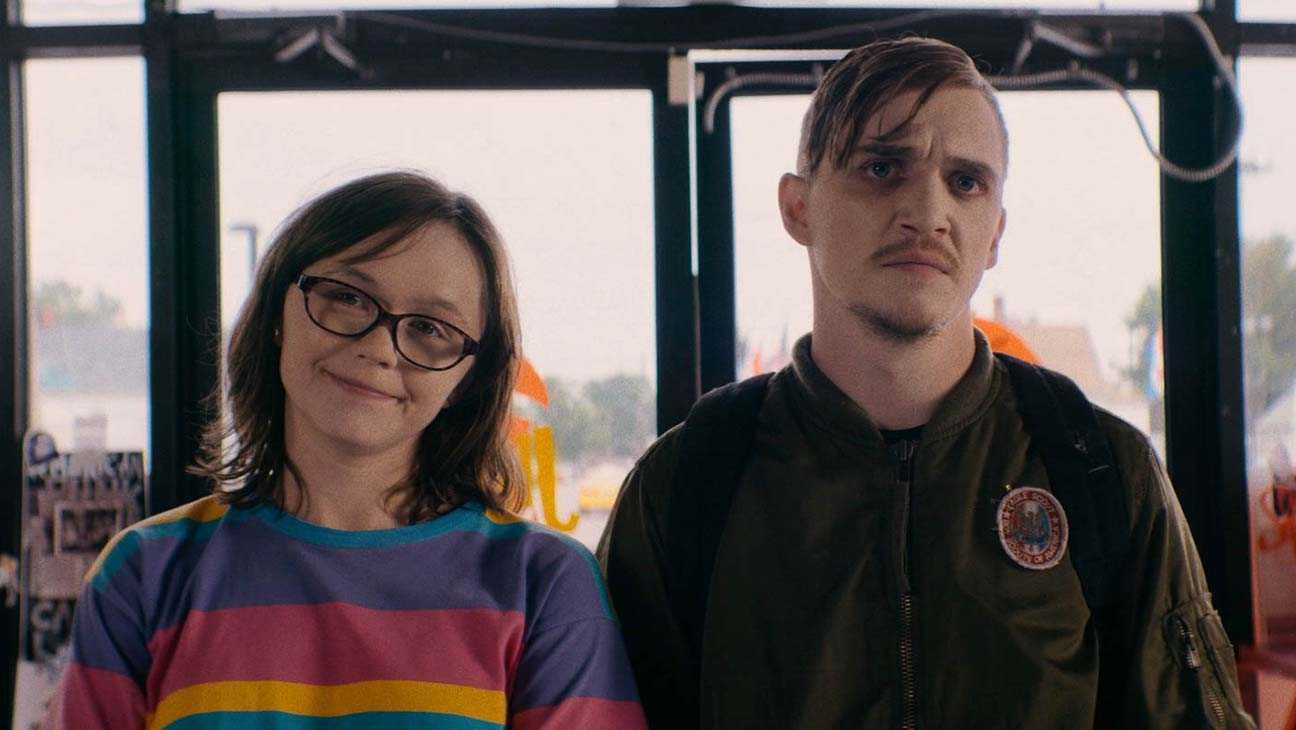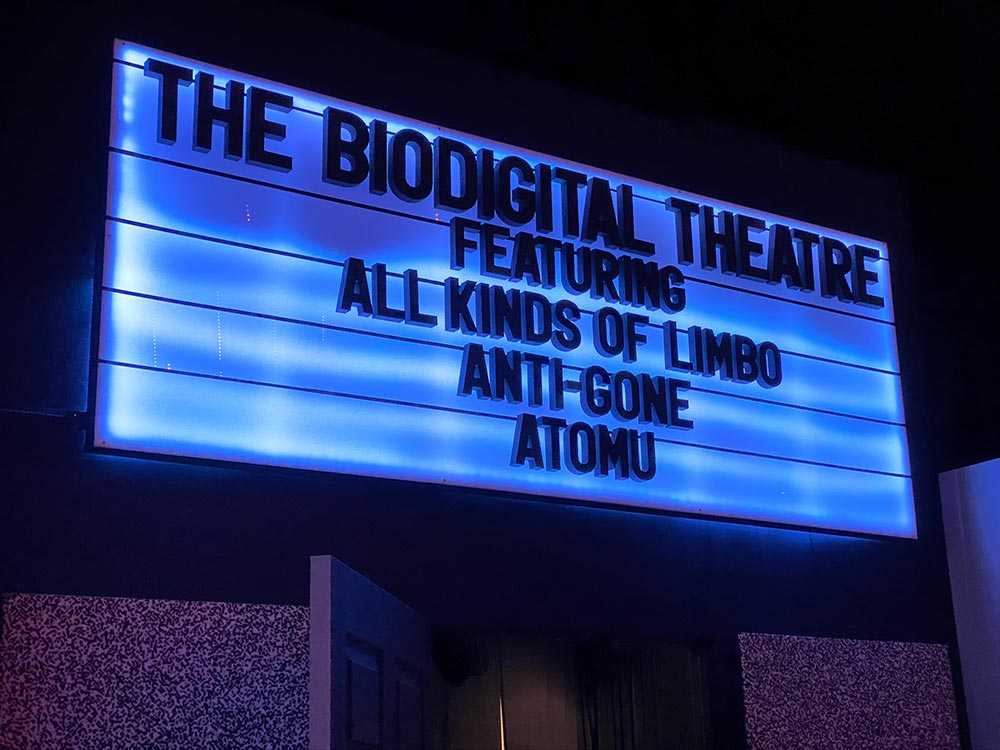When I hit a festival, if I do it right, it’s a mind bend. Beautiful films. But difficult films. Thought-provoking and worldview-challenging. The sort of thing I might ordinarily see once or (maybe) twice a month, I’m seeing nearly 20 of in the space of a week’s time. It’s rewarding. It’s exhausting.
I’m in the business of promoting filmmakers: I'm usually a cheerleader and not a critic. I generally praise what I can, and leave the rest unsaid. But this year, I seemed to be holding a different rubric than most reviewers. I offer these “quick takes” as a counterpoint to what you’re finding elsewhere.
And of course, to everyone at the Sundance Institute, and all the fabulous volunteers, contributors, and filmmakers: you have our admiration and gratitude. I've been to no few festivals across the world, and Sundance remains my favorite. Lucky me it's in my backyard.
Kajillionaire
Quick take: A grifter story that is much more. And by the way, the most intimate portrayal of death I’ve seen in a decade.
Sweetest film at the festival. Genuine intimacy. Described as a grifter film, but quickly transcends. Ends (unbelievably, but it does) in a place of acceptance and forgiveness for every one of its characters, despite their cutting conflicts.
Scene: A down-and-out, living-on-the-edge family enters the home of a bed-ridden old man to (gently) rob him. They pretend otherwise, but he knows what they’re after. He’s alone, he’s in bed wearing his oxygen. He calls to them, weakly, to turn a game on the TV, and klink some silverware together, would they? Maybe play the piano if anyone knows how. They do it, and it’s just what he craves. He can pretend his family is home, making dinner, being together, doing nothing important—and so everything that’s important. “They’re not bad kids,” he explains, “they’re just busy. Be careful with the house, will you, they have plans for it.” He’s still alone. But now he can pretend he isn’t, hearing the game, and the piano, and the silverware. He drifts off. He dies. (Oh gosh. I cried just writing that. Such a good scene.)
Night House
Quick take: A terrifying exposition of grief. With the longest sustained moment of fright I’ve ever experienced in a movie.
Night House got it all right. Excellent use of horror devices: it was all well set up, well explained, well triggered, and earned. There was mystery, intrigue, anticipation, realization, terror—everything you should be feeling. And with some genuine meat on its bones, working hard to thoughtfully portray real grief, and using horror tropes as analogues for emotional and psychological disintegration.
And visually beautiful as well, with both a cabin-in-the-woods and something of a modernist feel to it. My one complaint might be that they didn’t lean hard enough into distinctively geometric architecture (like van der Rohe), or even pushed into sacred geometry. The titular house, as it stands, looks awfully pedestrian for the role it’s meant to play. (But now I’m picking nits.)
Shirley
Quick take: A study in psychopathy, and worth the effort.
We hear a lot about serial-killer psychopaths. Less about non-killer psychopaths (which are estimated as high as one in every hundred thousand—which means there are 40 in New York City alone). Shirley is about a married pair of them: people who use up the people around them, who act without regard for the lives of others, who leave a trail of chaos and despair wherever they go. It’s a fascinating study. It also explores our (speaking generally) vulnerabilities to flatter, abuse, and perceived obligation.
A difficult subject, and in Shirley it feels occasionally like work, but not always, and it’s worth the effort.
Performances were universally good, with the interactions between Elisabeth Moss and Michael Stuhlbarg sometimes rising to great; though Moss is a good twenty years her character’s junior, and sometimes it shows.
The Last Thing He Wanted
Quick take: It’s no Argo. Very compelling subject, but a semi-coherent treatment.
I love Anne Hathaway. I can watch her do just about anything. Even this. Her opening monologue is meandering and incoherent (mostly not her fault). Sadly, that proved a foreshadow. I perceived the film as a series of standalone vignettes, each only loosely supported by the events and motivations preceding and following it. Though the performances were good (with Willem Dafoe being great), no character was more than shallowly developed. And without a prior knowledge of history, one might go away not even really knowing what had happened.
Tesla
Quick take: A narrative experiment dressed as a period drama that bites off more than it can be reasonably expected to chew—but absolutely does, and swallows it all besides.
Alongside Anne Hathaway, I’ll watch Ethan Hawke do anything. Especially this. Give me a period drama, and a story about Nikola Tesla, and grown men pushing soft-serve ice cream into each others’ faces in polite displays of umbrage, and you have me.
More than any other thing I love great dialogue. (Which is why I not only watched and loved The Two Popes, but sat in front of my screen repeating every line.) Tesla gave it to me, from its opening shots, complete with memorable platitudes like:
“Nothing grows in the shadow of an oak.”
“Is it better to be vindicated or to be loved?”
“As his mother would say, he tried to eat something bigger than his head.”
I’m also a sucker for experiments (especially successful ones) with narrative form, subjectivity, unreliable narrator, speculation, bait and switch . . . all of which Tesla does, and pulls off. (Though the Tears for Fears bit maaaay have been an overreach.)
The Nest
Quick take: Not sure what that was, but I think I liked it.
With a title like The Nest, and with the ominous tone of the opening, anyone could be forgiven expecting a Horror. The feint is intentional—surely. Other false flags drop. A horse carcass rises overnight through 6 feet of soil, to name one.
In the end, though, the heat never quite sets a fire, and we’re left with a simpler story: a morality tale, a warning against pretension and overreach. It’s a lesson worth learning (or re-learning), though, and with universally good performances, it’s not ineffective.
Though I expect most audiences to be less patient with it than I was. My audience was. “I was right there with them until the very end. But it never happened! What was that?”
The Father
Quick take: Sir Anthony and Olivia Coleman are brilliant—better than the material. But the material ain’t bad either.
The Father is a high-risk proposition: small cast, a single location, relying entirely on dialogue. It’s an adaptation of Florian Zeller’s play of the same name, headlined by Frank Langella on Broadway in 2016.
And for most people, it succeeds. Certainly, Olivia Coleman’s and Anthony Hopkins’s performances rise to the level of Art. (And here again, when I can do it at home without looking like a crazy person, I’ll be re-watching it and speaking every line back at my screen.)
For me, though, it did not succeed. Maybe Zeller has had experience with dementia that wildly diverges from my own. I’m open to that possibility. But on its face I perceived The Father as a stab at dementia by someone who has not confronted it. Seeing Anne and Laura and Paul all continually try to correct Anthony’s delusions was almost viscerally painful—and yes, an effective (though accidentally so) illustration of why modern thinking recommends not doing that, and just gently going along. So much of the characters’ angst was entirely unnecessary. And, speaking from my own experience, the deepest tragedy of observing dementia isn’t really in those early moments when your feelings are bruised by angry comments or forgetfulness. No, the real tragedy—and the real guilt—comes when those things become old hat, and you have to continually remind yourself to care, and to love. But these characters seem to forever inhabit the opening stage, when everything is new and unexpected and hurtful.
And the story never decides who its sympathetic character is: Anthony, or Anne? It’s a confusion of both, with the film’s structure favoring the former (which with its set, scenario, and character switching, it does well), but its performances the latter (which again, they do well).
I do seem to be alone in my criticisms here, though, so certainly take them with a pinch of salt.
His House
Quick take: Stunning, innovative imagery. If not for its try at capital-H Horror, His House would be genuinely, meaningfully, beautifully haunting.
Spinach in the popcorn: I beat this drum constantly. I love dressing message up in pulp horror, or adventure, or even violence. And His House has a lot to work with. But it leaves most of that material on the table and instead leans heavily on jump scares—and they don’t even seem to fit the character and situational framework from whence the horror is meant to emerge.
As a work of commentary, an exposé of the deep psychological complexities of emigration and decisions that lead to cultural assimilation—or not—it stands up. If not for the Horror, it would be an achievement. Alas. It’s built like a carnival haunted house, with random scares placed in sequence connected only by the passing of time and the buggy’s progress along the ride track.
“After all we have endured, all we have seen that men can do, you think it is bumps in the night that frighten me?” This is powerful in the context of these Sudanese characters. Sadly, it also downgrades the fright to merely imaginary, and undoes any real peril. “You’re just a bag of tricks. Make yourself at home. Pictures can’t hurt me.”
Spaceship Earth
Quick take: A tad contemplative. But as a documentary, it succeeds—you’ll learn something you didn’t know before, about a subject you maybe thought you knew.
I most love documentaries that give me something (usually experiential) in their two-hour span that I couldn’t have got from a half-hour of reading. Spaceship Earth wasn’t that, exactly. But its information can’t be easily found on Wikipedia, or through a Google search: you’d have to buy Jane Poynter’s or John Allen’s book (probably both). And it's information that most who casually followed the Biosphere 2 project wouldn’t have known, and may be shocked to learn.
Amulet
Quick take: A wealth of aesthetic, a poverty of suspense.
Compelling photography. Richly dank setting. A haunted overall sense. But the slowest of slow burns. And what angst it tries to build is unearned, often cued only by the music, otherwise explained after the fact. And thought to thought, scene to scene, only the barest of connective tissue is on offer.
Dinner in America
Quick take: Very sweet. And kind of horrifying.
Could be the Napoleon Dynamite of our more anxious times: edgier, more violent, more sexual, and more nihilistic. But I’m not hoping it is.
It has some very sweet moments. A girl who usually gets very little attention gets a lot of attention, and her rage-against-the-machine romp gives her experiences and perspectives she never thought to have. But approving as it does of teenage smoking, drug use, violence, theft, and what must be statutory rape (and more besides, I hear—I walked in late), it doesn’t take a prude to conclude that it defies even today’s evolved notions of decency.
Given all of this, and the natural audience for the film (teenagers), it may be an opportune moment to ask ourselves not whether we can do this, but whether we should.
The Mountains Are a Dream That Call To Me
Quick take: A bold misfire. Though it does not succeed, it was worth the try.
I would class Mountains as an exercise in Slow Cinema, or even just “people watching”. It’s almost a response to the question, “Is narrative form even necessary?” (The answer turns out to be “yes it is”.)
I did love the lengthy opening shot of a car approaching a village in Nepal. The camera sees Hannah (Alice Cummins) through the car’s window. We see the village approach in the window’s reflection, while at once seeing the gradual emotional effect it has on Hannah. Cummins’s performance here is brilliant, and the shot is one of the most poignant I’ve seen maybe ever. And another lengthy shot well into the film, following Hannah as she painstakingly (and painfully) undresses in the darkness of a small hostel, is also powerful. It is elegant in its simplicity, and effectively tells much of the film’s message all on its own.
Mountains tries to channel unscripted vicarious experience. But the immersive nature of first-person experience (in surround visuals and sound, with the interplay of all five senses) makes it a different sort of thing entirely from watching a lighted rectangle in a dark room. Actually climbing a mountain yourself has little in common with watching someone else do it on screen. The potential engagement levels are barely comparable: which is why narrative form exists, why cinema has evolved as and remains a subset of storytelling.
And unlike films like Baraka which mesmerize through their visuals, pacing, and rhythms—and which you would credibly expect from a film with a name like The Mountains Are a Dream That Call To Me—Mountains often opts for shots that are difficult to capture well on film (like forest canopies seen from beneath), and rather than embracing today’s technologies to photograph even these subjects in dynamic and innovative ways, opts to do so locked down, or using only the most basic of camera movement.
The mostly empty theater at the finish of this screening suggests these may be common criticisms among viewers; though maybe not among _re_viewers and many cinephiles. The film will have its audience. It was an experiment worth making.
New Frontier
Atomu: This isn’t a technical innovation—XR while being forever immature, is old-hat for those inclined to know it. But it’s in this contradiction, this gap, that art can live now without much thought to the tech. I came away from Atomu not thinking “I’ve experienced XR” but rather, “I’ve experienced modern dance”. And that is a real achievement.
Breath: A very cool idea. Almost certainly a presage of future practical applications of XR. The visualizations were beautiful as well. (Though Magic Leap is a middling technology, and the biometric sensor did only the barest of breath sensing: it was hard to see any real correlation between my breath and the shifting cloud of particles around me.)
Solastalgia: A haunting sequence, beautifully made. The visuals and sound design are both compelling. And the physical crafting of the space is meaningfully additive—it’s roughly 5 square meters of a dusty post-apocalypse. The Microsoft HoloLens 2 is a more impressive tech than, say, Magic Leap. But it still suffers from a very limited field of view.


